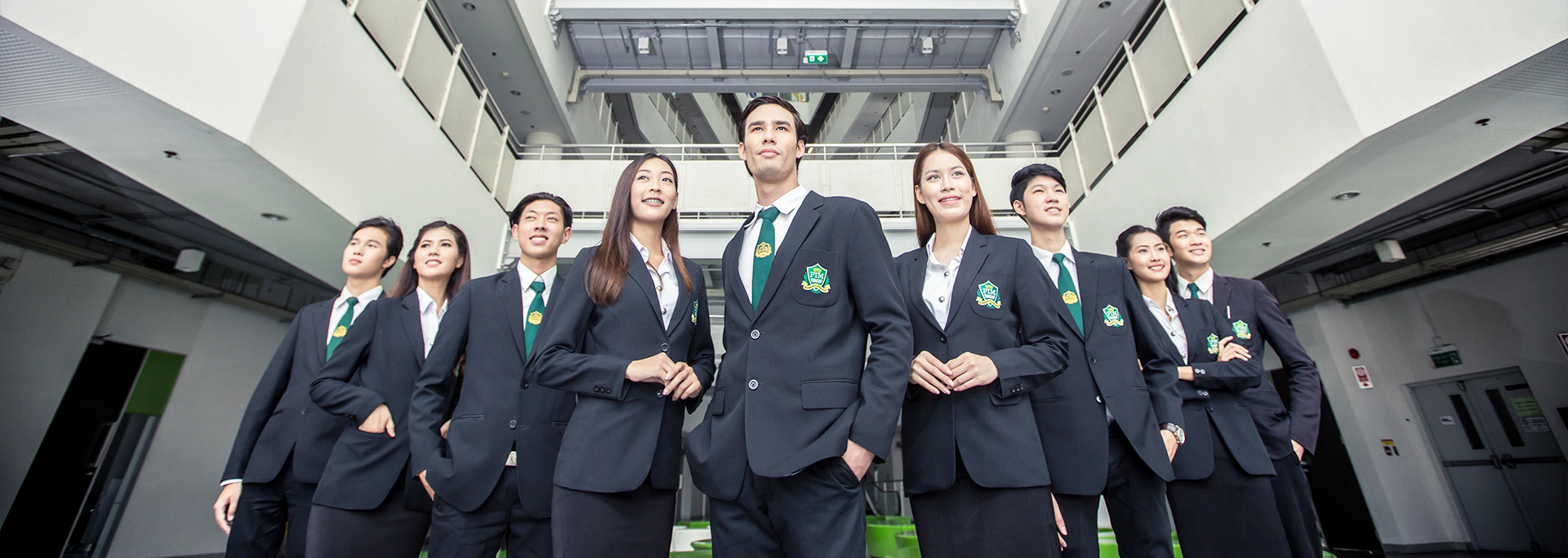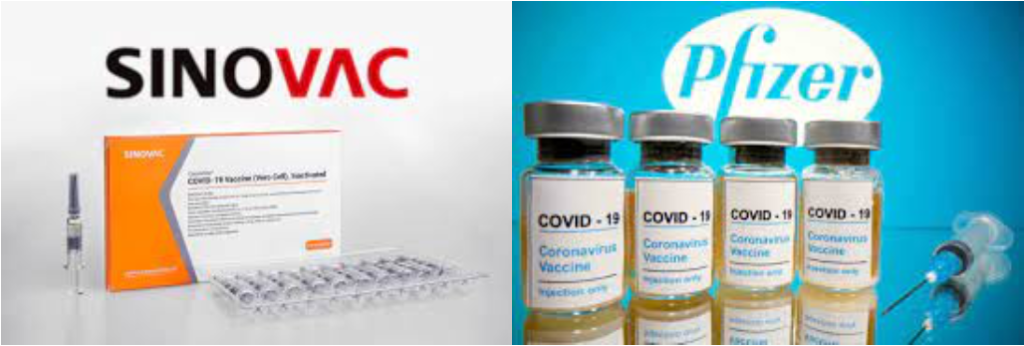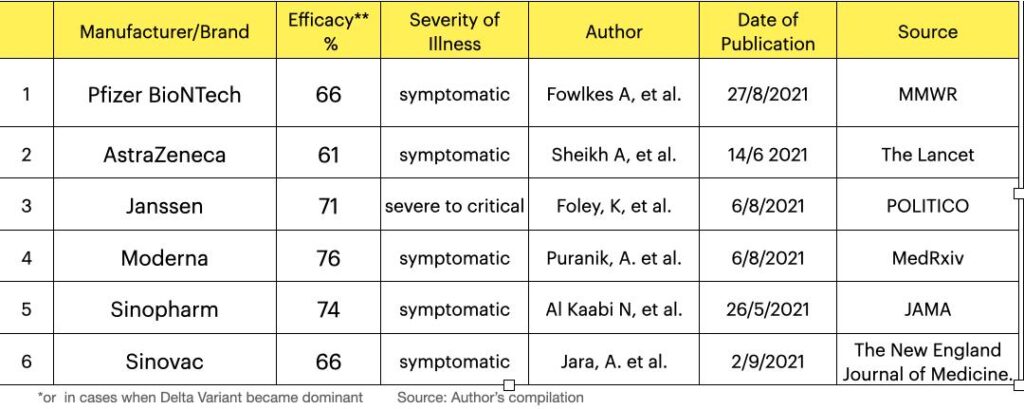September 27th, 2021
The battle of diplomacy sometimes spreads to realms of science and technology. The
Covid 19 vaccine is a case in point. How to assess the recent controversy on vaccine from
China? Would the choice of vaccine affect the chance of Thai people traveling abroad?
Prof. Dr. Tang Zhimin, director of CASPIM, shared his views and rebutted some
misinformation in a course on Science Diplomacy organized by Office of National Higher
Education Science Research and Innovation Policy Council (NXPO) and Science
Technology and Innovation Policy Institute (STIPI).
The World Health Organization (WHO) is a specialized agency of the United Nations
responsible for international public health. It conducts EUL (emergency use listing)
evaluation for candidate Covid 19 vaccines. By August 19 2021, six vaccines passed this
process (Table 1), four of them were inoculated in Thailand (Table 2). Of the total 48.2
million doses jabbed by September 25th 2021, 38% and 15% are Sinovac and
Sinopharm from China, AstraZeneca and Pfizer accounts for 44% and 3% respectively. It
is amiss to compare the potency of vaccines based on data from clinical trials in different
countries in different time periods. For example, according to one research, the efficacy
ratio of Pfizer dropped from more than 90% to 66% when the Delta Variant is dominant in
USA (Table 3).
The principle of being cautious when comparing efficacy ratios may also be applied in
Thailand. Chalermchai Boonyaleepun, deputy chairman of the Senate Committee on
Public Health, citing information from the Department of Disease Control, showed that of
the 700,000 medical workers who were fully vaccinated, 707 became infected, a ratio of
101:100,000. Of the 21,000 not vaccinated, 173 were infected, a ratio of 823:100,000. It is
understood most medical workers received two doses of Sinovac at that time (Bangkok
Post 13/7/2021). The efficacy ratio of Sinovac in this case turned out to be 88%
((823-101)/823).
Residents in Thailand may also concern the issue of quarantine when they are allowed to
travel abroad. South Korea provides a good example on this issue: As of July 1 2021, it
began to allow the entry of foreigners without the need for quarantine, as long as they
proved to be fully vaccinated against Covid-19. The vaccine must be on EUL of WHO
(Table 1), and visitors must still undergo a Covid-19 test before traveling and after arriving
in the country1. USA seems to follow the similar rule when it lifts travel restrictions starting
in November. In terms of what vaccine is qualified, “those who have received vaccines
listed for emergency use by WHO, would also be considered fully vaccinated”, according
to Thomas Skinner, a CDC (Centers for Disease Control and Prevention, USA)
spokesman .






